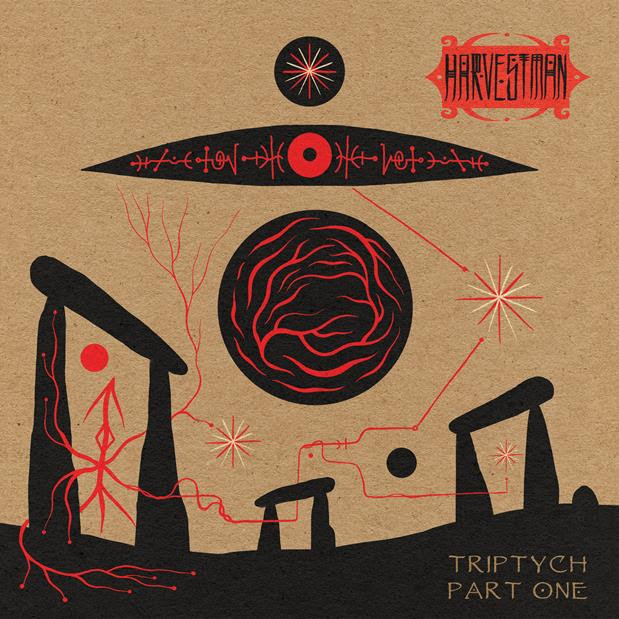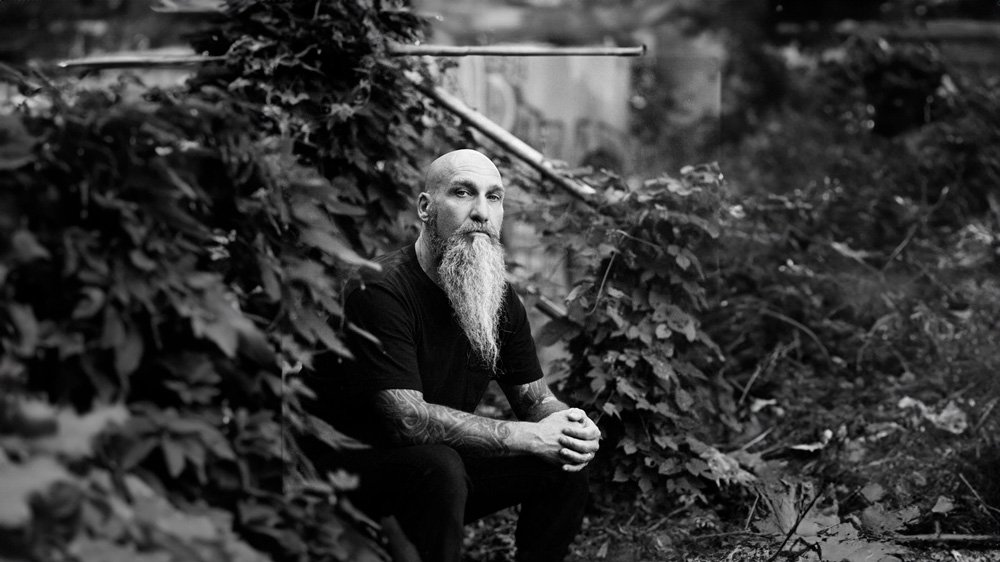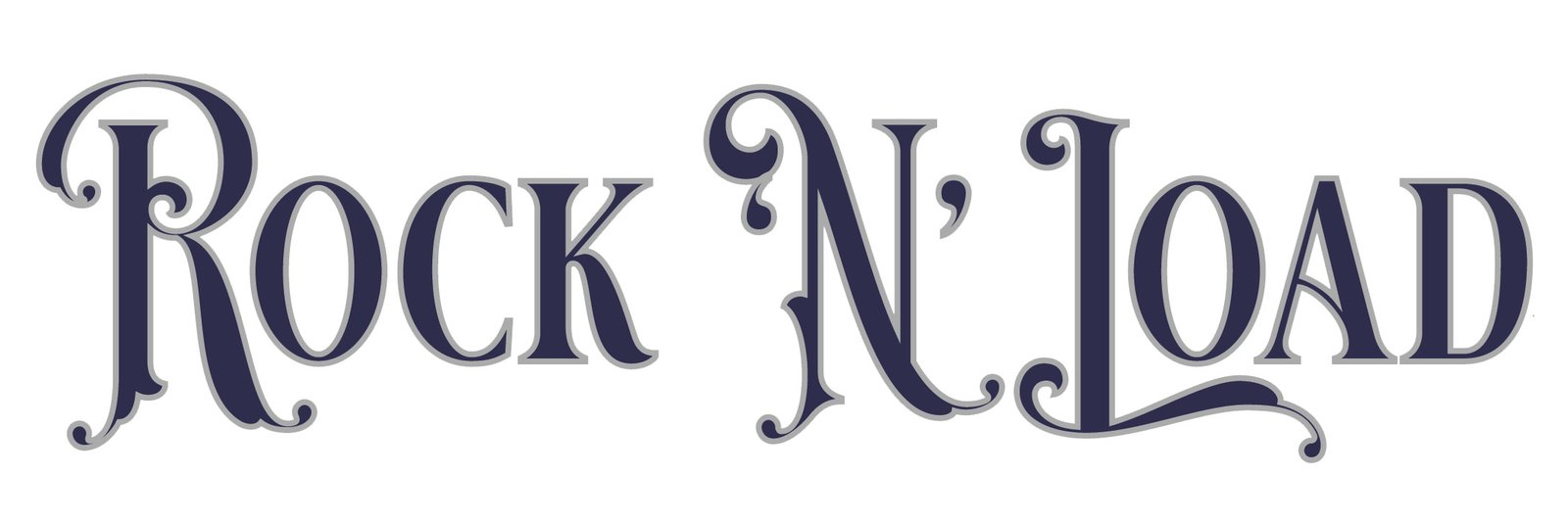HARVESTMAN (STEVE VON TILL) TO PERIODICALLY RELEASE TRIPTYCH, A THREE ALBUM CYCLE ON THREE OF 2024’S FULL MOONS
TRIPTYCH PART ONE WILL BE RELEASED VIA NEUROT RECORDINGS TO COINCIDE WITH THE PINK MOON ON 23RD APRIL
Throughout 2024, and marking three full moons, Harvestman (a.k.a. Steve Von Till) will be presenting his ambitious Triptych project, a three-part album cycle. This album trilogy is a distillation of a unique approach that finds a continuity amongst the fragmented, treating all its myriad musical sources and reference points not as building bricks, but as tuning forks for a collective ancestral resonance, residing in that liminal space between the fundamental and the imaginary, the intrinsic and the speculative.
Today, Harvestman shares “Psilosynth” from Triptych Part One, which will be released on 23rd April via Neurot Recordings to coincide with the Pink Moon. Parts Two and Three will be coming on July 21st’s Buck Moon and October 17th’s Hunter Moon.
About the process of creating “Psilosynth”, Steve says;
“My friend, Al Cisneros (OM, Sleep) played bass on a Harvestman track years ago on my In a Dark Tongue album and has always said he’d be willing to put down more whenever needed. In 2019, I took him up on that offer and sent him raw tracks including a primitive drum rhythm, layers of Moog forming an evolving chord, and a pulsing track originating from my Grendel Drone Commander processed through a Sherman Filter Bank. Al found a perfect groove that anchored all these cosmic particles. Once the structure was revealed, I responded with guitars, mellotron melodies and percussion. The mix is a spaced out journey allowing the various pieces to ebb and flow, taking turns rising to the top then dissolving back into the primordial.”
About the contemplation behind the track, he adds that he was inspired by “the role of rhythms and analog synthesisers in creating meditative states of consciousness.”
WATCH THE “PSILOSYNTH” VISUALISER BELOW
At its heart, music has always been a questioning of inheritance – a dialogue with predecessors and forebears, the forging of one’s own perspective in relation to what has come before, and for some, a plunge into the boundless realms between. For Steve Von Till, that process has always taken on an added dimension to become the most sacred of tasks. Whether through the apocalyptic uprising of Neurosis, the sonic deconstructions of their sister project, Tribes of Neurot, the invocatory intimacy of his eponymous solo albums or his instrumental psychedelic reveries in the guise of Harvestman, that dialogue has never just been with musical influences, but with what underpins them: the primordial, elemental forces now banished to the peripheries of our contemporary consciousness, yet still broadcasting a signal for all who will listen.
Drawn to the megaliths, ruins and ancient sites mapped out along the British and European mainland’s geographical and psychic landscapes, the folklore and apocrypha forever resurfacing as portals from a rational world, Triptych is a meditation forged from traces and residues, and an hallucinatory recollection of artists who have tapped into that enduring otherworldliness embedded within us all. It’s a dream diary narrating a passage through Summer Isle where Flying Saucer Attack are wafting out of a window, a distant Fairport Convention are being remixed by dub master Adrian Sherwood, celestial scanners Tangerine Dream are trying to drown out Bert Jansch and Hawkwind are playing Steeleye Span covers, all prised out of time yet bound to its singularity.

Triptych Part One album cover
Woven together from home studio recordings that span two decades, this fifth outing as Harvestman finds parallels with nature’s cycles not just in its release dates but in the repeated structure that binds each album, like an imprint refracted though three separate strata. Triptych Part One, as with the forthcoming Parts Two and Three, starts on a collaboration with Om bassist and long-term friend of Steve’s, Al Cisneros, with a dub take opening the B-Side. Here, the opening track “Psilosynth” orbits a grandfather-clock mechanism passing through a nebula haze, all waved on by an acid-fried deity. From there on, Triptych Part One journeys through the elegiac “Give Your Heart To The Hawk”, like a documentary retrieved from a long-lost world, Philip Glass wistfully attending a rescue beacon from the far corner of the universe on “Coma”, as well as percussion recordings performed by Steve and friend Dave French (drummer of Yob) on a rusted torn open stock tank outside Steve’s barn, treated bagpipes and old reel-to-reel recordings, all reiterated across the next volumes in ever more out-there contexts.
If Triptych is a multi- and extra-sensory experience, it extends to the remarkable glyph-style artwork of Henry Hablak, a map of correspondences from a long-forgotten ancient and advanced civilization. As with Triptych itself, it’s an echo from another time, an act of binding, a guide to be endlessly reinterpreted, and a signpost to the sacred that might not indicate where to look, but how.
TRIPTYCH PART ONE TRACK LISTING:
Side A
Give Your Heart To The Hawk
Coma
Side B
Psilosynth (Harvest Dub)
How To Purify Mercury
Nocturnal Field Song
Mare And Foal
Harvestman Triptych Part One album credits:
Steve Von Till – guitars, bass, synths, percussion, loops, filters and mutations.
Dave French – stock tank, percussion on Nocturnal Field Song, frequency consult.
Al Cisneros – bass on Psilosynth and Harvest Dub
John Goff – Northumbrian smallpipes on Mare and Foal
Recorded and Mixed at The Crow’s Nest, North Idaho by SVT
Mastered by James Plotkin
Artwork and layout by Henry Hablak
The vinyl package will be a dub style jacket with a die cut hole in the center. The vinyl itself will be a bone white + black galaxy effect.
There will be a limited edition 11” x 11” exclusive risograph art print of the original cover art by Henry Hablak.
Printed by Risolve Studio in Lancaster, Pennsylvania on sustainable Mohawk Via Vellum Bright White 80lb Cover paper using eco-friendly rice based inks. Risolve Studio is 100% solar powered and uses low-energy printers.


